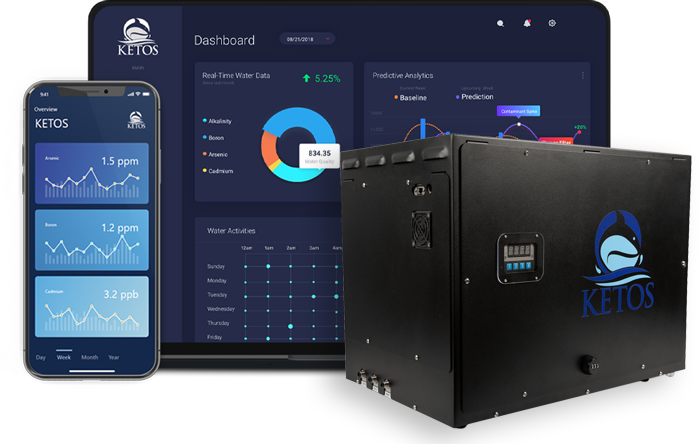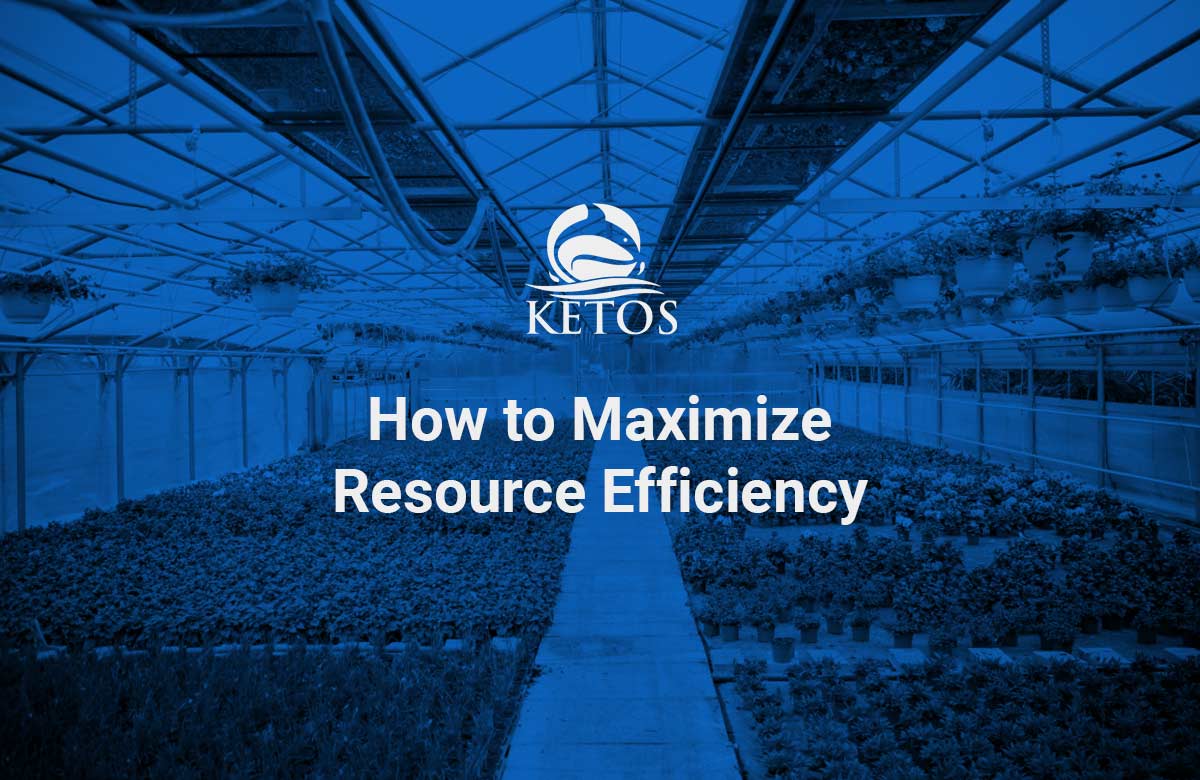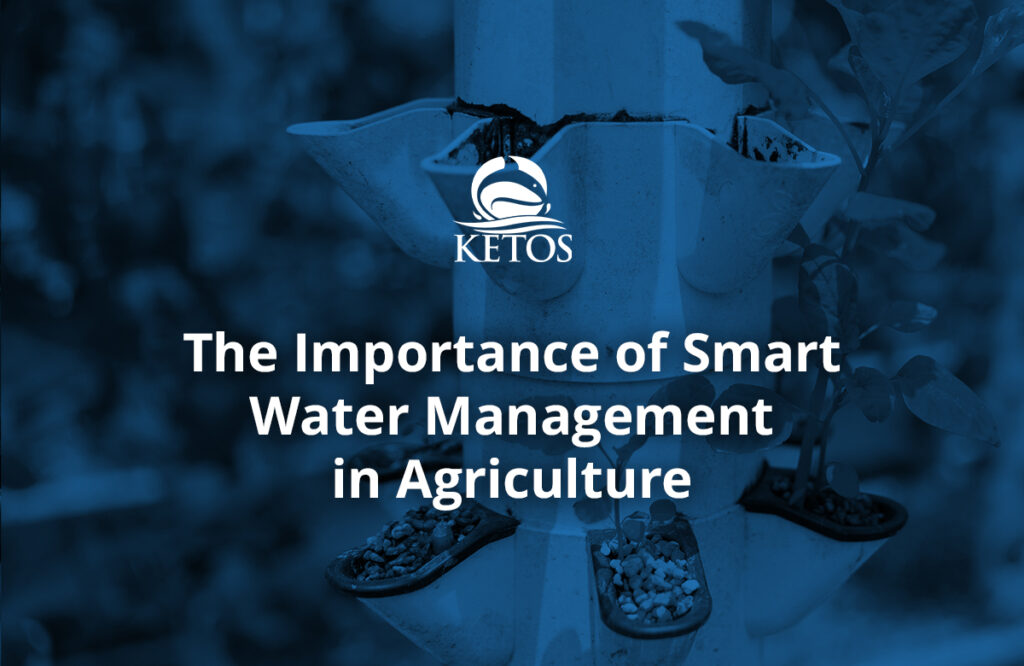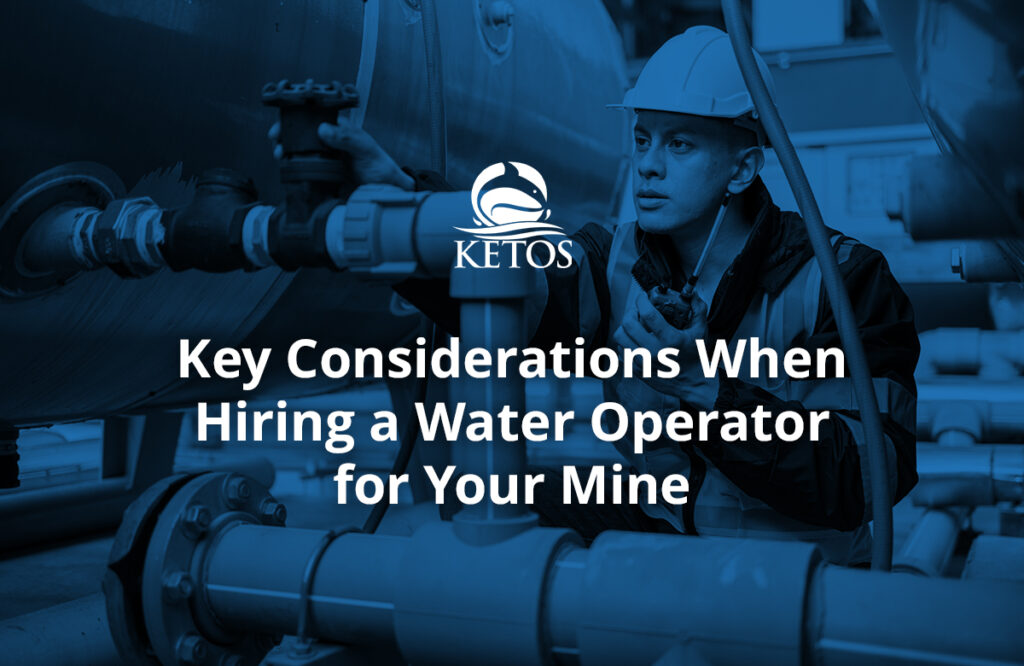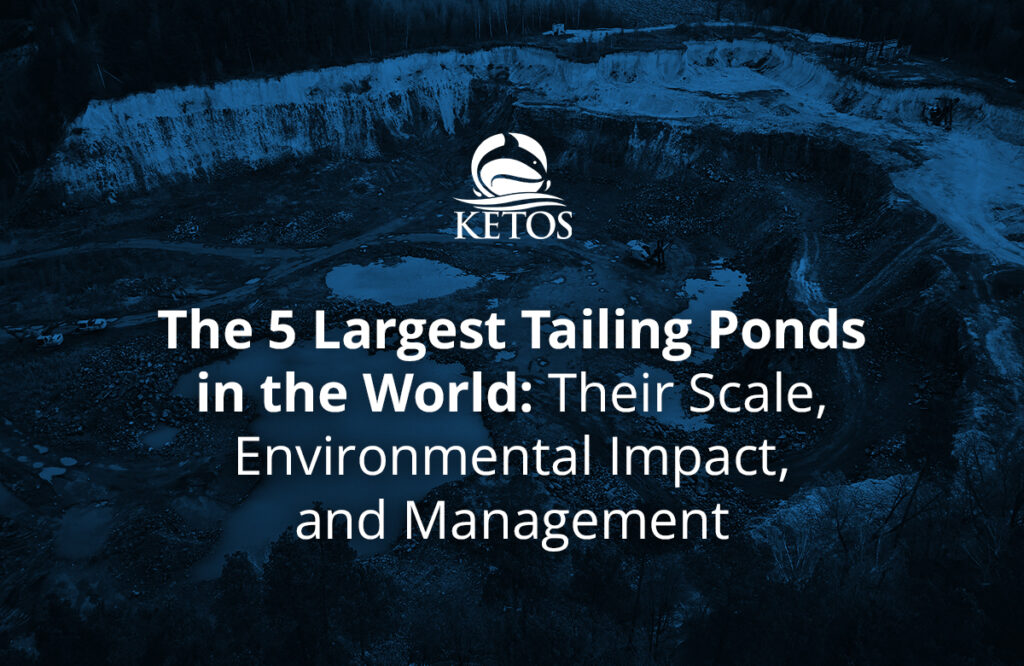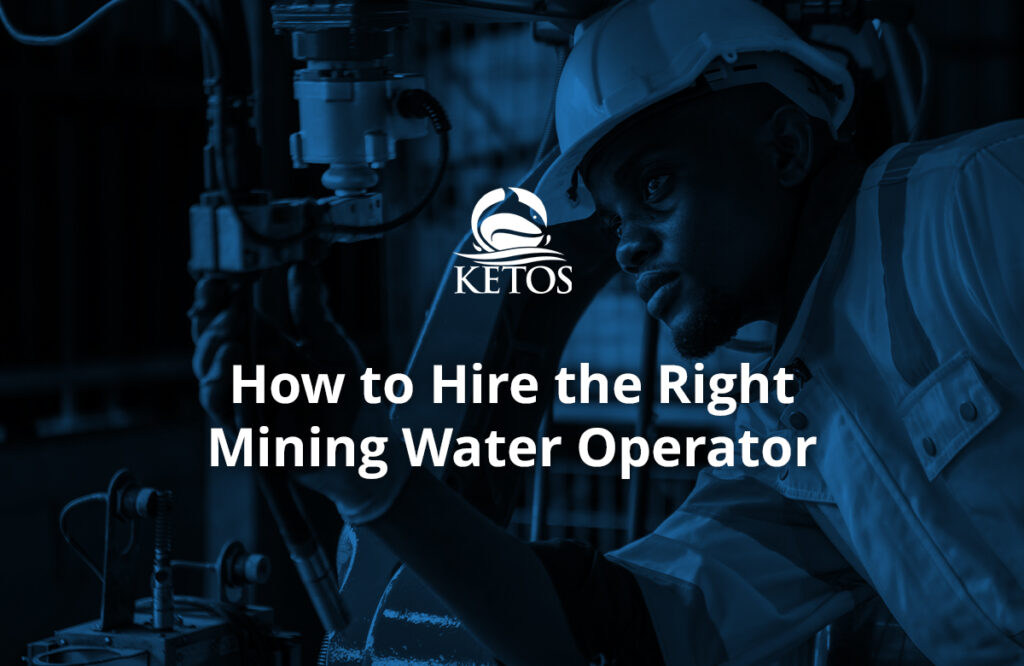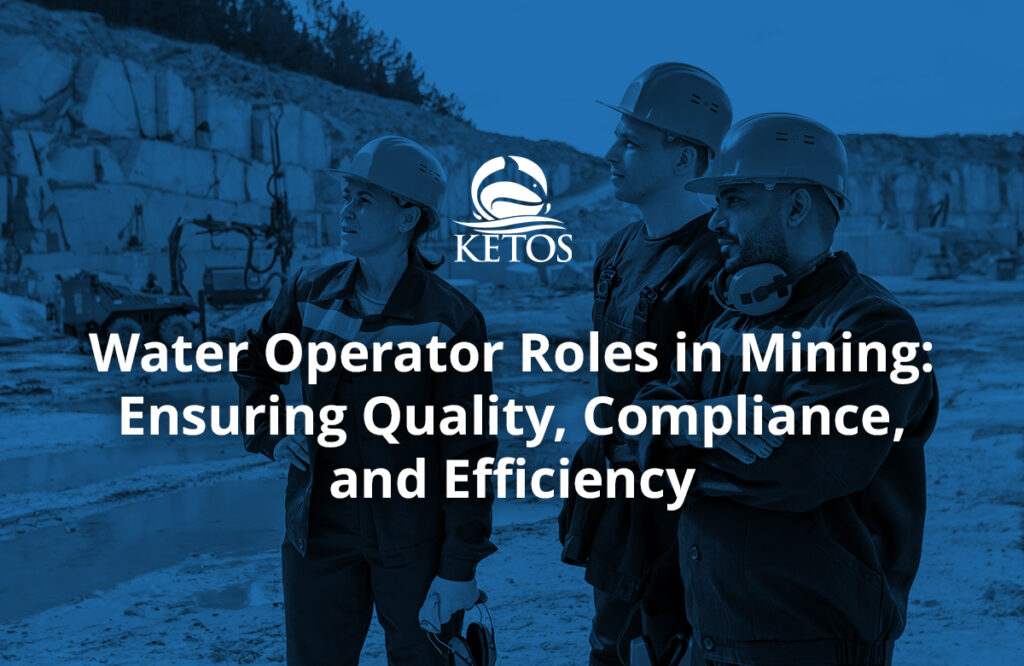Over the past year, KETOS has worked closely with several customers to create process controls around water composition and water quality – particularly in controlled environment agriculture operations such as vertical farming.
Recently, KETOS announced a partnership with Re-Nuble. Re-Nuble, is an innovative ag-tech startup that uses organic upcycling technology to transform unrecoverable vegetative food by-products into a platform of sustainable technologies for soilless farming.
During our recent webinar, we spoke with the founder and CEO, Tinia Pina, about her company and the future of farming (and the importance of water). You can listen to the entire session here:
How to Maximize Resource Efficiency in Controlled Environment Agriculture Operations
Controlled Environment Agriculture: Vertical Farming Water Quality, Up-Cycling, and Upcoming Challenges
By 2050, it is estimated that roughly 70% of the global population will be living in cities. With the concentration of populations in specific areas, it makes sense that having agricultural practices close to home will help meet the demand. However, food waste still remains a problem. It is not just limited to fruits and vegetables, even inedible parts like roots, stems and trimmings are considered waste. Composting infrastructure remains disparate and currently cannot help the situation.
Traditionally, recycling and reclamation, including anaerobic digesters, have been an expensive endeavor. Both Re-Nuble and KETOS are working to lower costs while increasing efficiencies and reclaiming the nutrient cycle. Ultimately, it is Re-Nuble’s goal to reduce disposal and input costs while increasing resiliency.
Soilless farming also allows for foods to be grown more efficiently closer to consumers. Urban areas can easily create vertical or soilless farms within the communities they serve. Solutions like Re-Nuble and KETOS can help these farms reclaim nutrient cycles on-site, use less water, and affordably grow with fewer chemicals. This enables more substantial crop yields and healthy food access to communities that have traditionally been underserved.
The Challenges of Soilless Farming and Water Quality
One of the challenges farmers face in a soil-free environment is ensuring that plants are getting the proper nutrient balance. In these types of operations, water recycling and water management are essential.
Many countries and regions including the UAE, Australia, and closer to home, in California, are enacting policies that enable the increase of water use efficiencies. These policies force the agricultural industry to focus on improving water use and reducing runoff pollution in open field operations.
For soilless farming, water reclamation and water reuse help reduce the overall water footprint. However, the reuse process is complex. There are fertigation and UV radiation systems that can remove pathogens but need to be handled in a highly consistent manner to ensure crop health. In these operations, reliable water monitoring is key to ensuring pathogens do not affect the yield or contaminate the water supply.
Solutions tackling water reuse often bifurcate. There may be elements of solutions that help track one thing but not another. It’s essential to leverage solutions (like KETOS) that can track multiple parameters, integrate with disparate systems, and provide a holistic view of vertical farming water quality and usage.
Reclaiming Water and What it Can Do for Controlled Environment Agriculture Operations
One of the great benefits of controlled environment agriculture and vertical farming operations is that water can easily be reclaimed and recycled within the environment itself. This allows for a significant reduction in water use compared to traditional open field operations that are often water-intensive.
It is also critical to understand what a crop needs in terms of nutrients at any given time and efficiently deliver those nutrients directly into a plant’s root system.
In the case of Re-Nuble, wastewater is processed using a proprietary biological method. It does not require chemical inputs or any chemically intensive mechanisms, and it is much less intensive than closed hydroponics systems which often require intensive setups that ensure everything from fertigation components to water diagnostics are measured before returning to the farm for reuse.
KETOS simplifies water quality diagnostics for pre-treatment and post-treatment water to provide farmers with transparency into their water supplies – allowing for better control and higher quality, along with more consistent crop outputs.
Trends to Help Soilless Farming Operations Gain Traction
Several trends could accelerate the potential and popularity of controlled environment agriculture. The fact that its capabilities are being mainstreamed in conversations and discourse is creating interest and growth as communities around the world seek solutions that provide for resource efficiency.
In addition, public policy, combined with dynamic markets, is requiring firms to rethink their approach – and has allowed them to be more proactive in technology adoption. Water pricing, or the risk of elevated water pricing, has incentivized operations to get ahead of what might be rising water costs. Seeking out solutions that can help companies and farmers save water and, down the line, money, have further driven interest not just in soilless farming operations but water efficiencies as well.
Conclusion
As water efficiencies become a requirement for a business’s bottom line, and as communities push for healthier alternatives and a more stable food supply chain, technology and more ingenious ways of growing food will continue to grow in importance and popularity. If companies like KETOS and Re-Nuble can help farmers grow food more efficiently and reduce the cost of doing business, it won’t just benefit the industry, it will benefit the environment and the end consumer as well.
Want to understand how KETOS is helping farmers gain insights and monitor their water in vertical farming, controlled environment agriculture, soilless farming, and open field operations? Learn more here.
